The ‘harmful custom’ of forced marriage
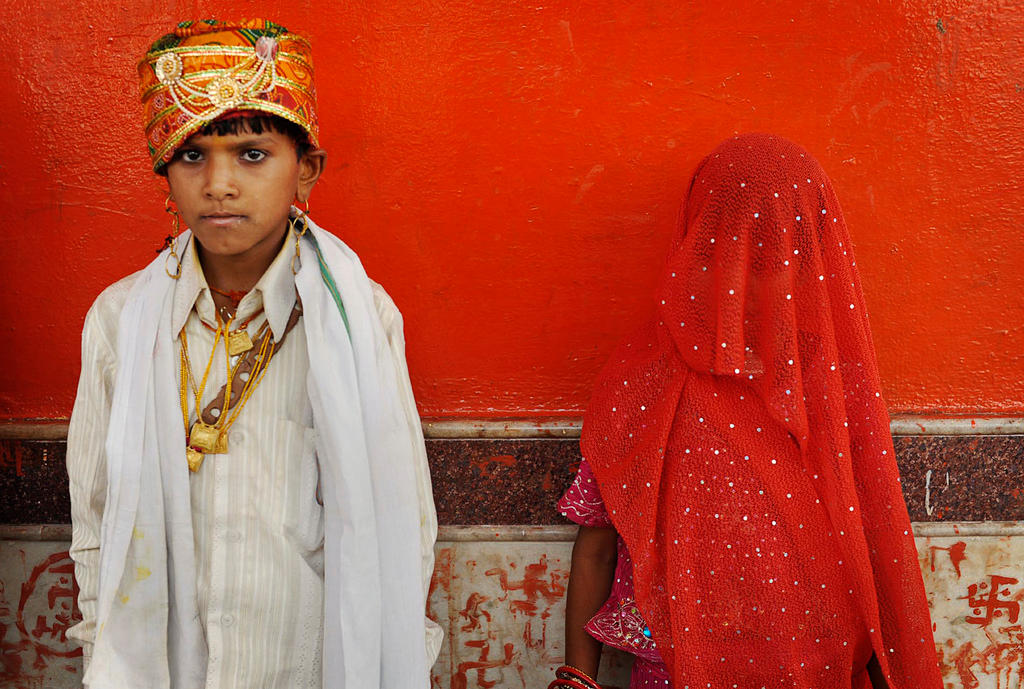
Following the report by a specialist Swiss website of 119 cases of forced marriages involving minors in the country so far this year, swissinfo.ch takes a closer look at that figure and the phenomenon of underage marriage in Switzerland.
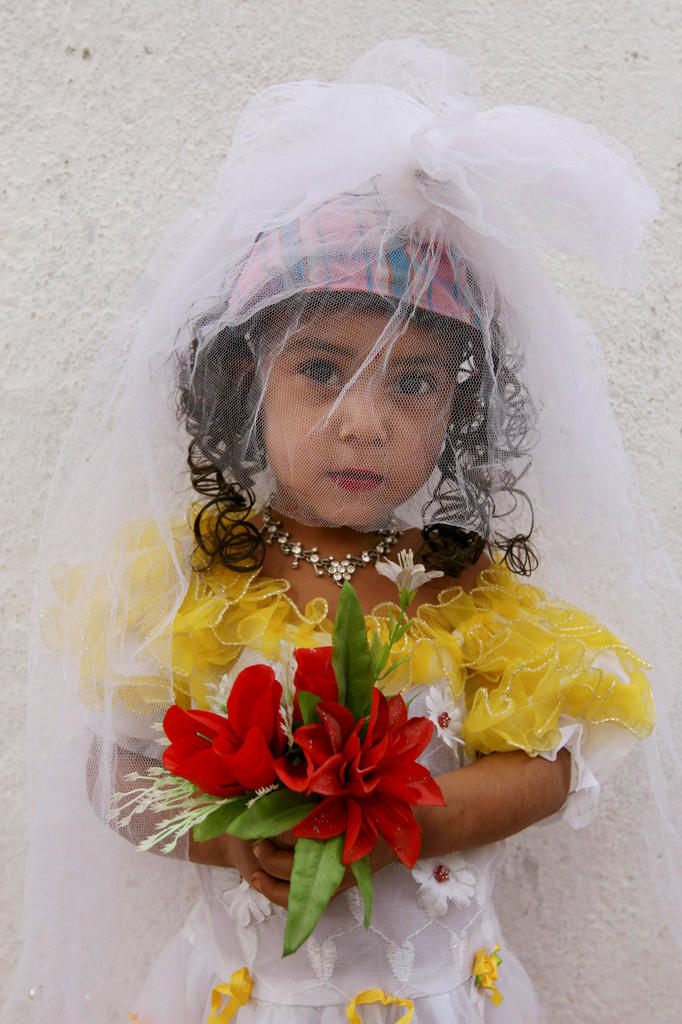
More
Forced underage marriages rise in Switzerland
Anu Sivaganesan, the head of the Centre of Competence against Forced MarriagesExternal link (link in German), told swissinfo.ch that it is difficult to say with absolute certainty whether forced marriages have increased, or if people are more aware of the problem – meaning that more people ask for help, or others are able to offer assistance to those involved in a forced marriage.
Sivaganesan’s centre used to deal with “two cases per month” when it first opened in 2005. That changed in the last four to five years to around “five cases per week”. And, just before the summer holidays began in Switzerland, the number of cases coming into the centre went up to nine per week in June.
Sivaganesan says this is because if a marriage is taking place abroad, it is often during the summertime, and people affected reach out for help before they go, or after they come back.
Main reasons for the increase in cases
“Migration patterns are changing…the study from the Swiss government in 2012 shows that most people affected by forced marriages have a background connected to Balkan countries, Turkey and Sri Lanka. There is unfortunately a link with migration,” said Sivaganesan.
She added: “All countries have customs around marriage, but forced marriage is clearly a harmful custom and a violation of human rights”.
Sivaganesan commented that official statistics show there has also been a trend towards “retraditionalisation” among second generation migrants in Switzerland, where these people are less likely than the first generation to marry a person of a nationality different from their own. This represents a reversal of progress made toward people becoming more free to choose their own marriage partner.
Overall awareness has made a big difference to victims asking for help, Sivaganesan said. “In 2007, the Swiss government said it was difficult to have legal measures against perpetrators, but in 2013 laws against forced marriages [were introduced]. We also see that awareness now exists among professionals who can help.”
Who’s affected?
Men and women
For every woman forced into a marriage, there is also a man, stresses Sivaganesan. “It is always a heterosexual marriage…men are also victims.”
Underage victims
Of particular concern to the specialist help centre is that of the 119 cases of minors this year, 26 were under the age of 16. Most of these came from Iraq, Syria, Eritrea, Afghanistan and Somalia. This figure is five times the total number reported between 2005 and 2015.
All religions
“There is no specific religion that we can focus on,” Sivaganesan said. Forced marriages occur due to a complex mix of reasons.
The legal situation
The legal measures introduced in 2013 include increasing jail sentences to a maximum of five years for people found guilty of coercing others into a marriage. This applies regardless of whether the marriage was agreed outside Switzerland.
In 2014 one case of forced marriage went to court, and another in 2015.
The minimum age for marriage in Switzerland is 18. If a 15-year-old is married abroad and comes back to Switzerland at the age of 16 or 17, the court will ask her if she wants to continue with the marriage. If she comes to Switzerland at the age of 18, after having been married at a younger age, it is no longer an issue under Swiss law.
What else can Switzerland do?
Sivaganesan thinks that England has set a good example in preventing forced marriages by looking at each person involved in a forced marriage as a case, and even following the case outside of its own country’s borders. “If a marriage takes place in Pakistan, the government body for forced marriages will intervene if needed.”
Switzerland has to work better with other countries, as forced marriage is a transnational phenomenon, and needs a government body with these kinds of powers, Sivaganesan believes.
Do you think Switzerland is doing enough to prevent forced and child marriages? Let us know in the comments below, or contact the author of this article on FacebookExternal link or Twitter @jofahyExternal link.

In compliance with the JTI standards
More: SWI swissinfo.ch certified by the Journalism Trust Initiative
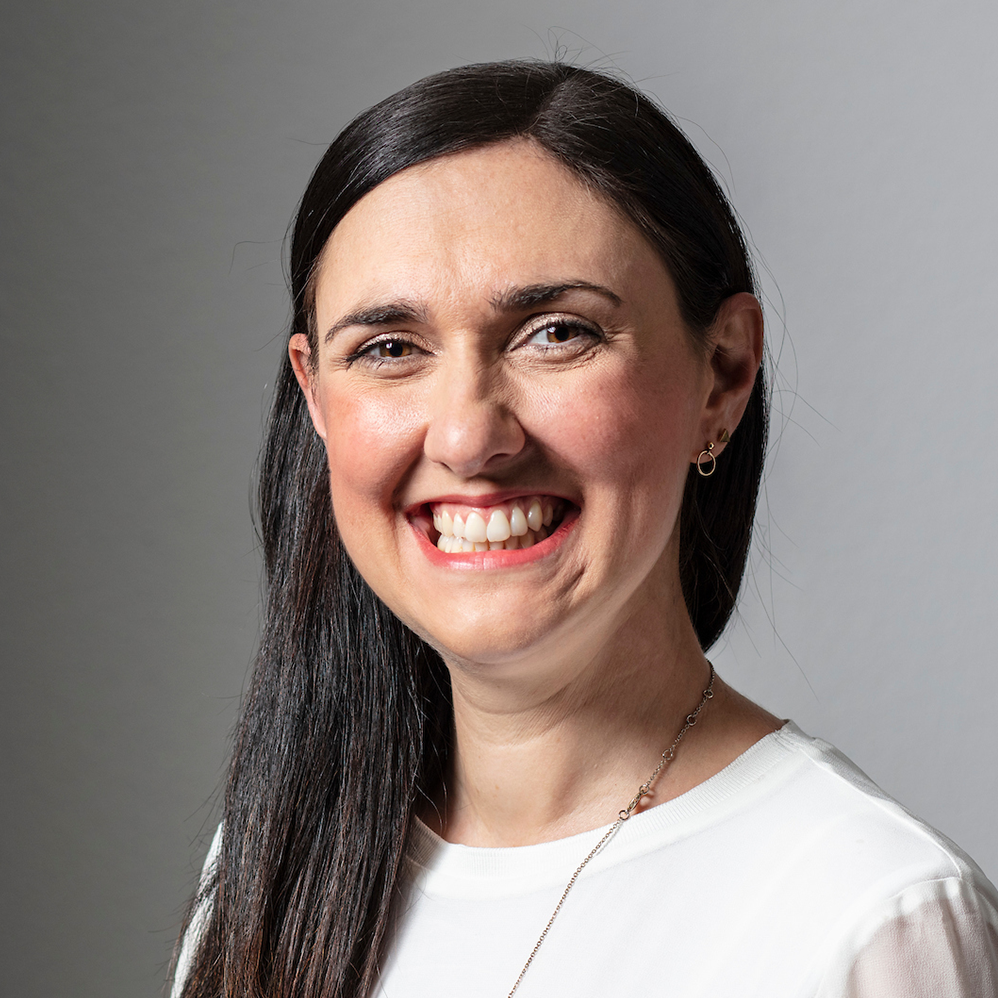
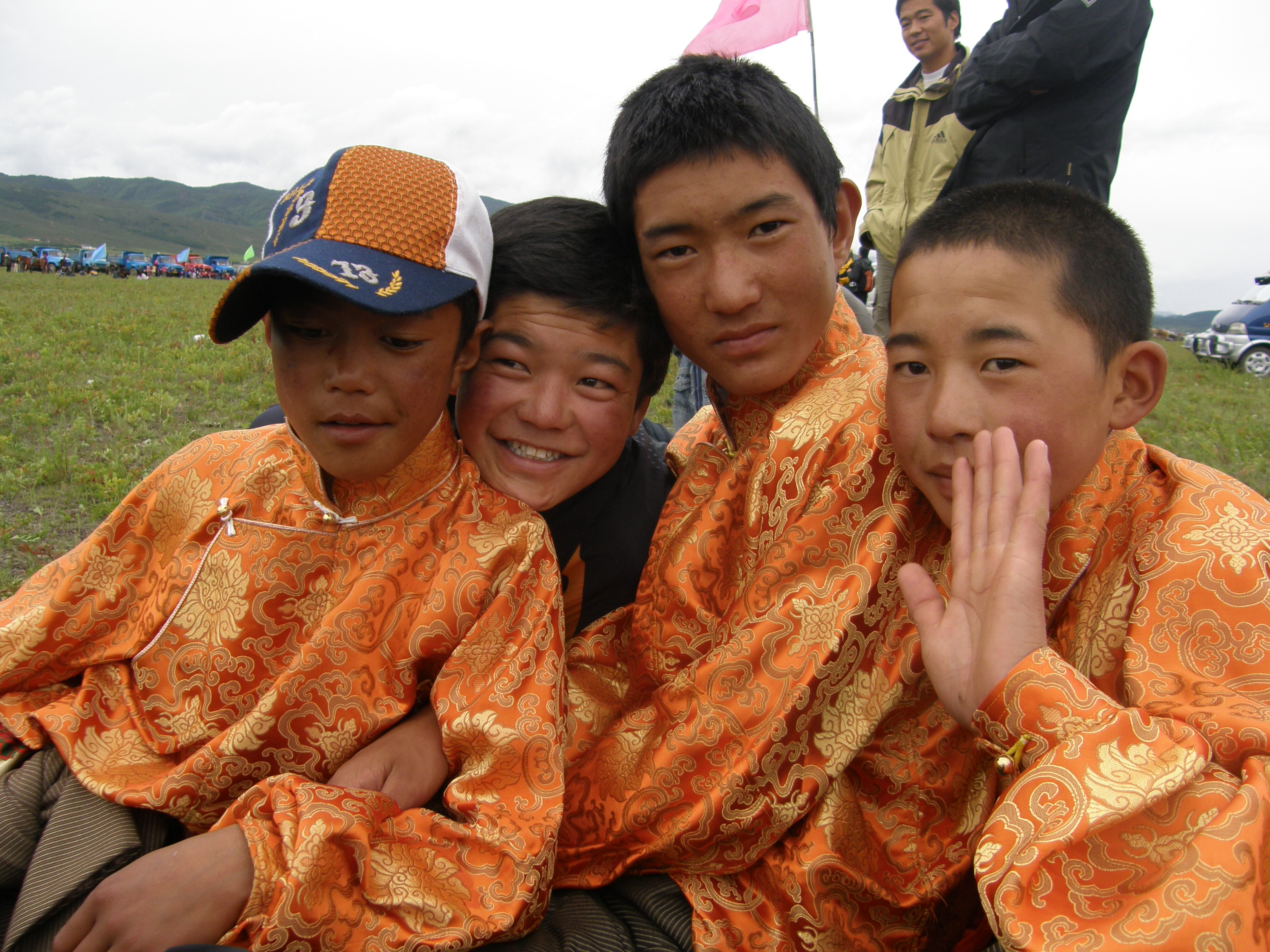
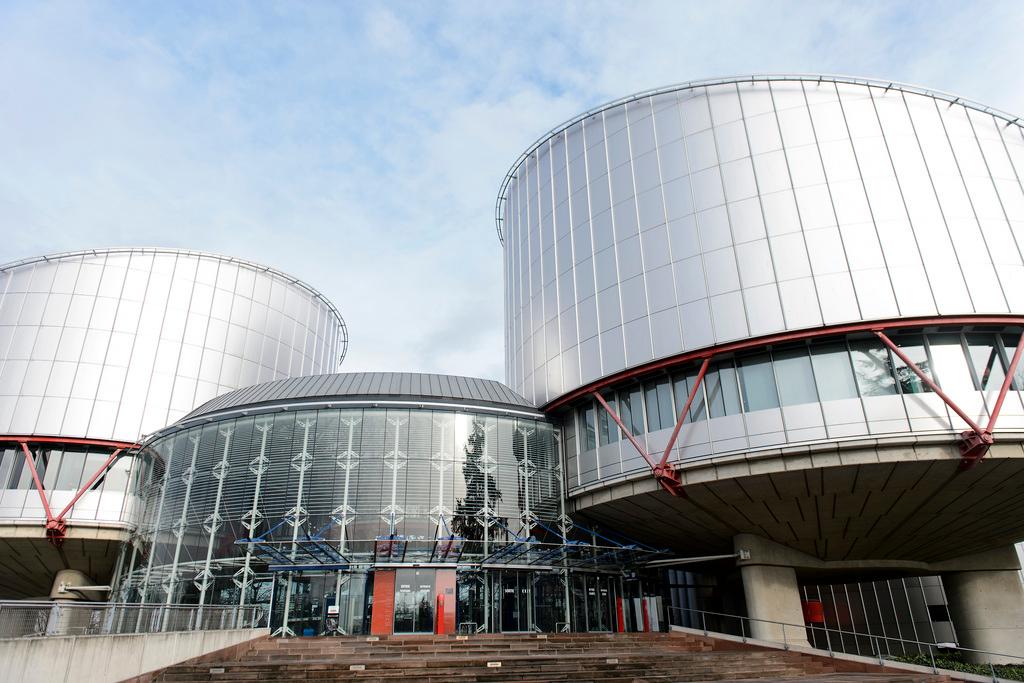
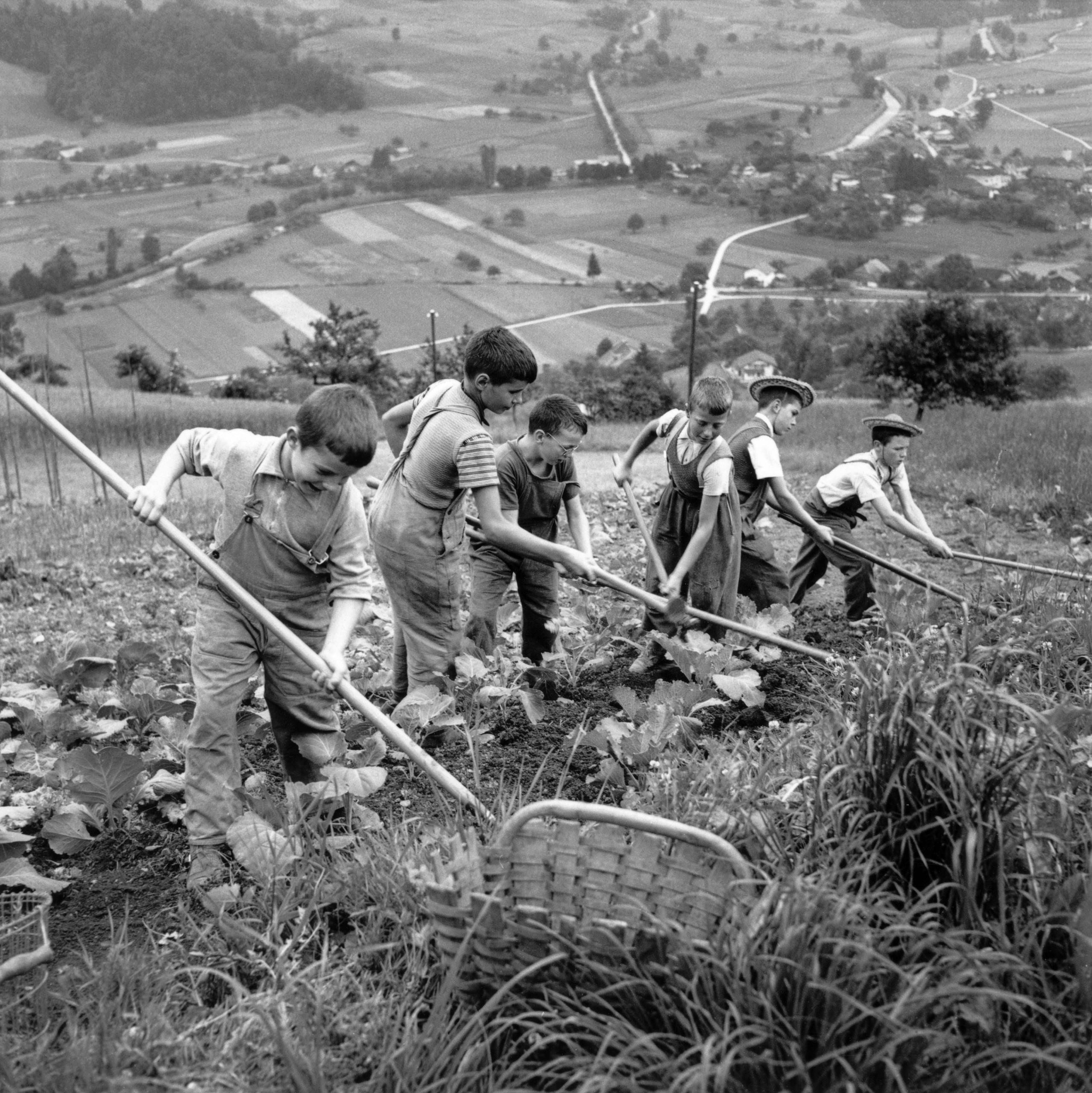
You can find an overview of ongoing debates with our journalists here . Please join us!
If you want to start a conversation about a topic raised in this article or want to report factual errors, email us at english@swissinfo.ch.